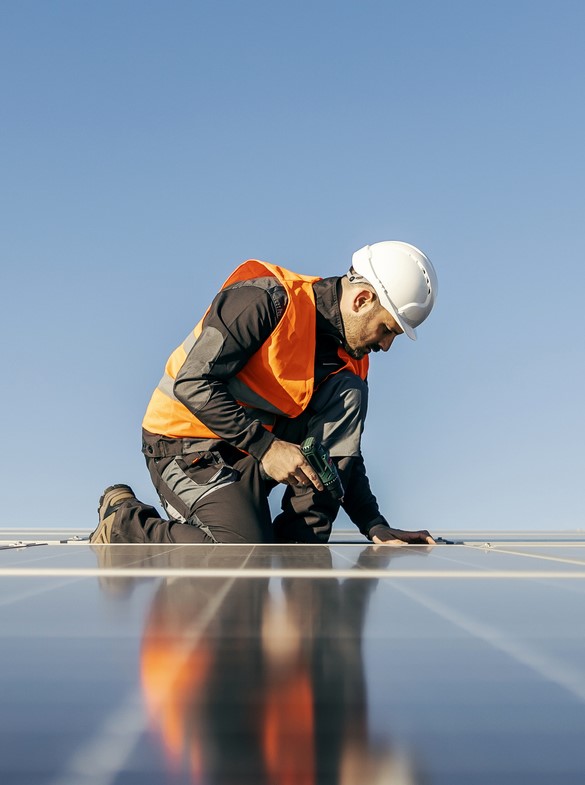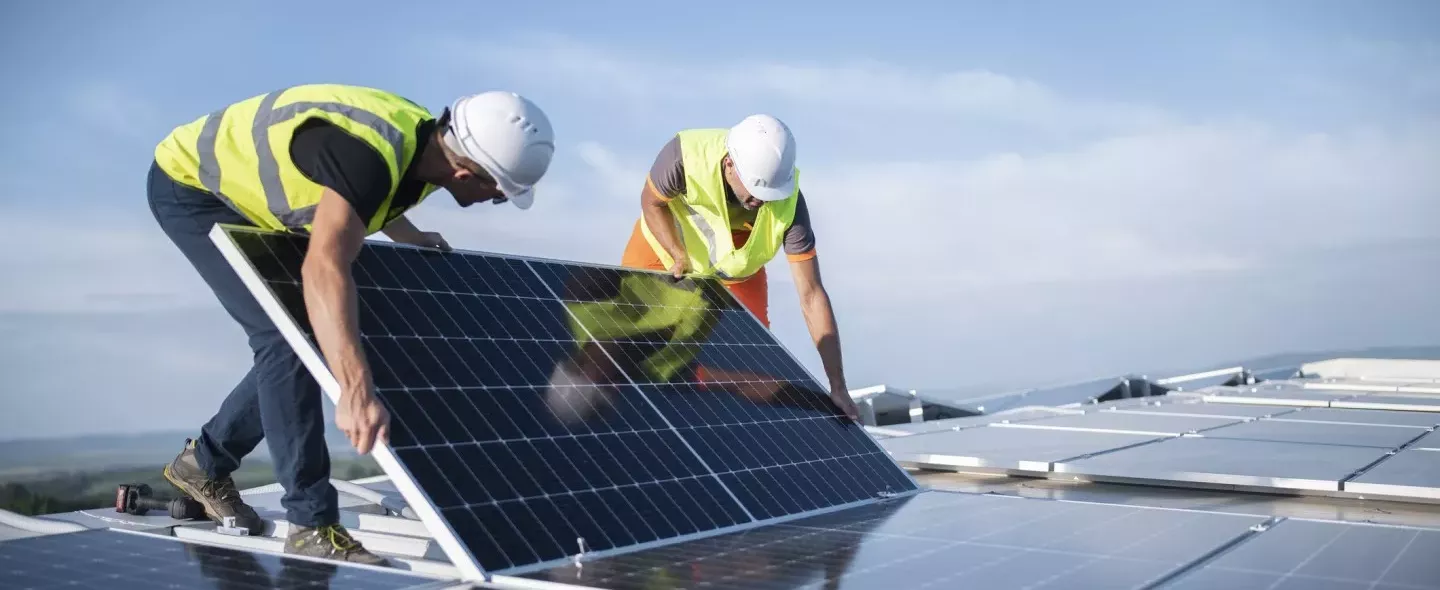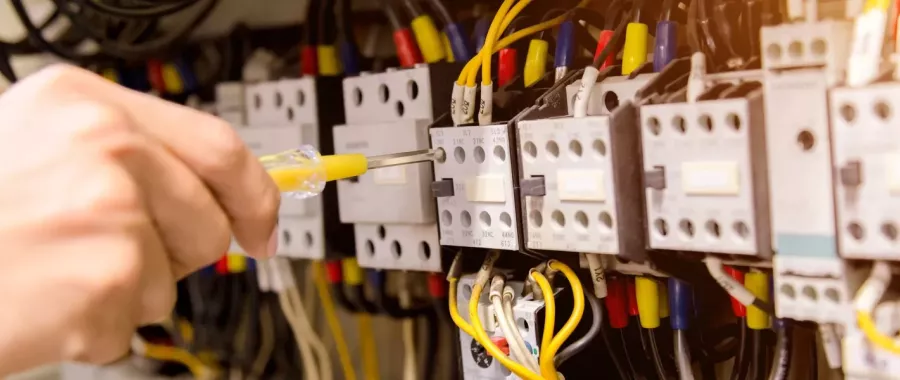The Scope 12 inspection checks the safety of your photovoltaic installation. For example the risks of an electrical installation, such as the risk of contact and malfunctions, but the risk of fire may certainly also not be ruled out.
SCIOS
SCIOS is a foundation that manages a quality system for the inspection and maintenance of technical installations for the owners of installations and inspection and installation companies. The quality system has been incorporated in the SCIOS certification scheme. Amongst others the inspection company and inspector of the inspection company are audited under the scheme. This guarantees you a high-quality and certified inspection.
Scope 12
Photovoltaic installations convert sunlight into electric power. The main components of a photovoltaic installation are the solar panels and the inverter(s).
In addition, the photovoltaic installation comprises the mounts to which the panels are attached, the (main) control gear with a kWh meter to which the inverters are connected and all the cabling required between the elements.

Talk to our experts
There are two types of SCIOS scope 12 inspections based on a technical document published by SCIOS.
- EBI
The Scope 12 EBI is an initial inspection that is carried out when the photovoltaic installations are delivered or there is a substantial change to or expansion of the installations to verify whether they meet the technical regulations and safety standards. The regulations are implemented by applying, amongst other things, NEN 1010.

- Periodical Inspection (PI)
The Scope 12 PI is an inspection that is carried out periodically to verify whether the photovoltaic installations comply with the principles of the ISI, the technical regulations and the safety standards. They are also implemented by applying, amongst other things, NEN 1010.
The role of electrical inspections

Want more information about this inspection?
Want to know how much an inspection costs?






